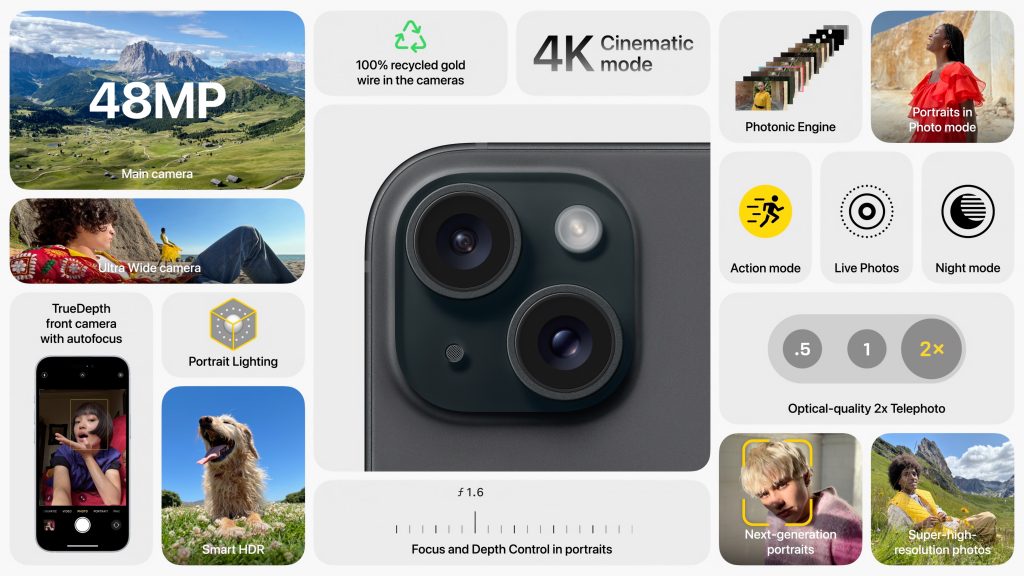AI is disrupting education. But despite what the headlines (and some ChatGPT horror stories) might suggest, South African teachers aren’t being replaced — they’re…
Do megapixels really matter? iPhone 48MP or Samsung 200MP

From Apple’s 48-megapixel camera for the latest iPhone 15, the Honor 90 Pro’s 200 MP, and Samsung’s 200MP camera, do these really make a difference?
Do smartphone megapixels really matter?
The answer lies in the understanding of what megapixels are.
Megapixels are not the sole determinant of camera quality but refer to the resolution of the camera sensor with higher megapixels allowing more detail in photos.
There are various factors that deliver a great photo and megapixels alone don’t cut it. A high-numbered megapixel camera could still deliver questionable quality or relatively more detailed photos if the megapixels are coupled with competent camera sensors and image processing features.
The simple story
Most high megapixel counts require high processing power and storage space.
A 48MP iPhone camera is more than capable of capturing high-resolution images in good detail. A 50MP camera can deliver the same quality with a slight edge over a 48MP camera. A 200MP camera provides more resolution compared to a 48MP and a 50MP which means more detailed images.
The theory
Larger pixels cater better for low light performance which means a 48MP may have larger pixels than a 200MP.
Higher megapixels mean larger file sizes and storage space is crucial.
Processing power also is a major factor when it comes to the megapixel count. Large megapixels need large processing power including storage space.
Zoom
Higher megapixel counts work better when it comes to digital zoom without losing detail. A 200MP camera offers better zoom detail in comparison to a lesser megapixel count.
The math summed up
A 200MP smartphone camera may not be more practical than a 48MP camera for most users due to the fact that the difference between a 200MP and a 48MP camera may not be noticeable for everyday smartphone photography, especially when viewed on standard-sized screens or shared on social media.
A higher megapixel count doesn’t always correlate with better low-light performance. Smaller pixels on a high-resolution sensor can lead to noise in low-light conditions. The battery often does take a hit when transferring large images taken using higher megapixels.
The answer
While a 200MP camera can capture detailed images, it may not be practical for most users due to factors such as storage space and processing power.
A 48MP and 50MP quality camera can deliver competent images for everyday photography with little to no drawbacks associated with high megapixel counts.
The choice really depends on the intended use of the device and the photography requirements.
Also read: iPhone 15, iPhone 15 Pro revealed, Apple confirms these new changes

